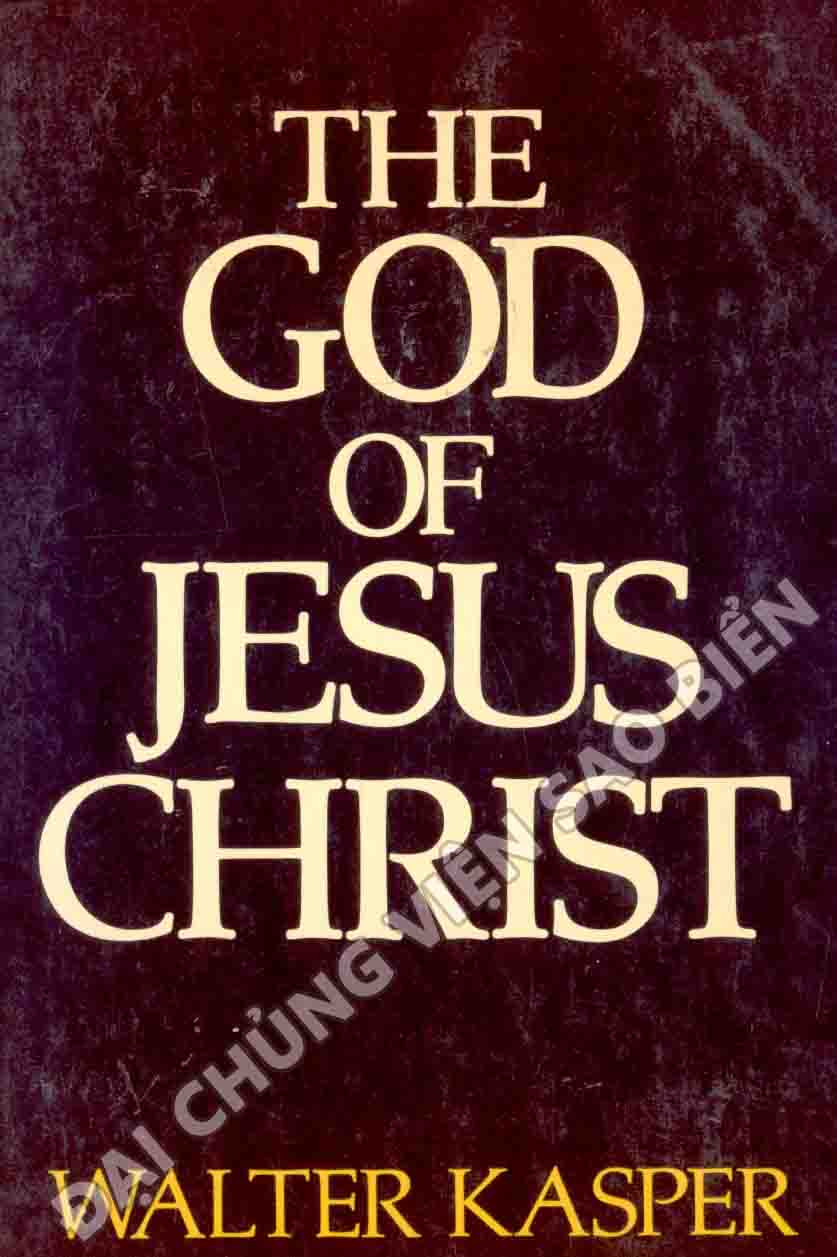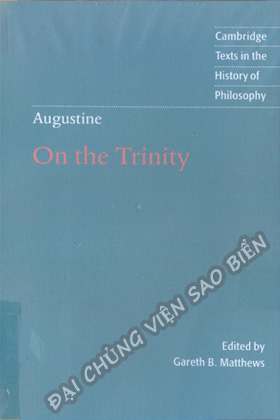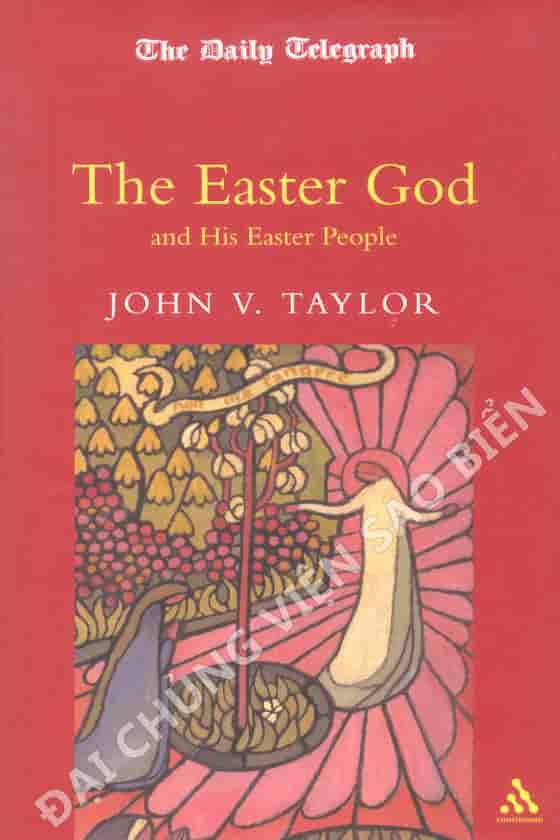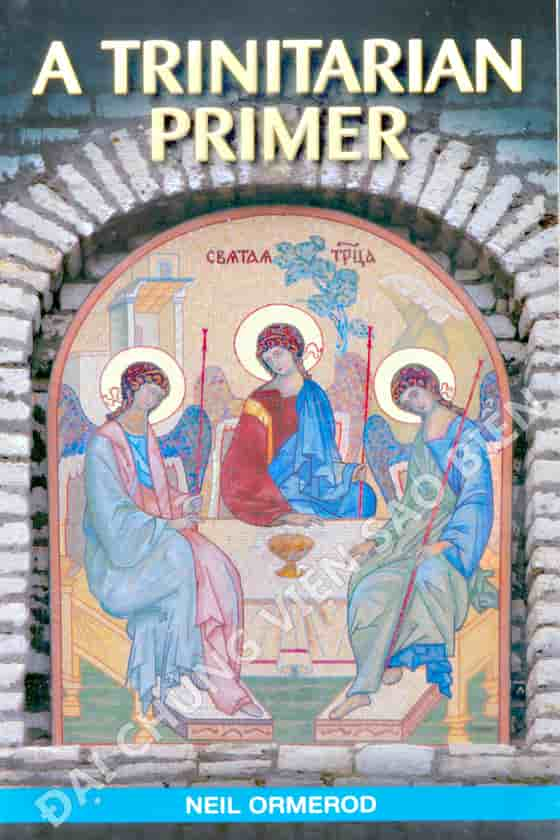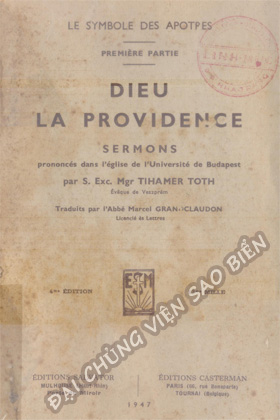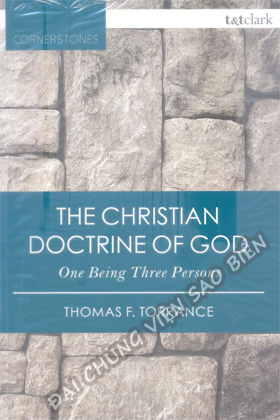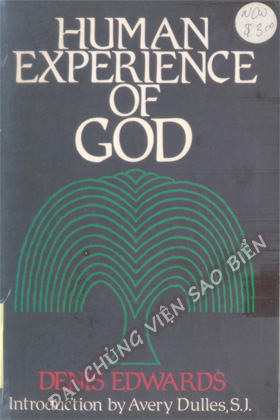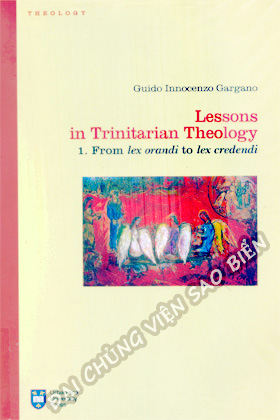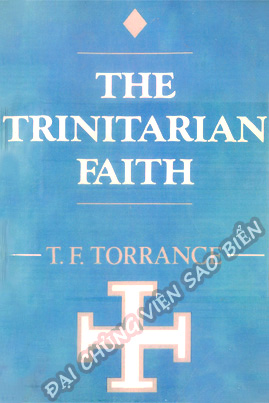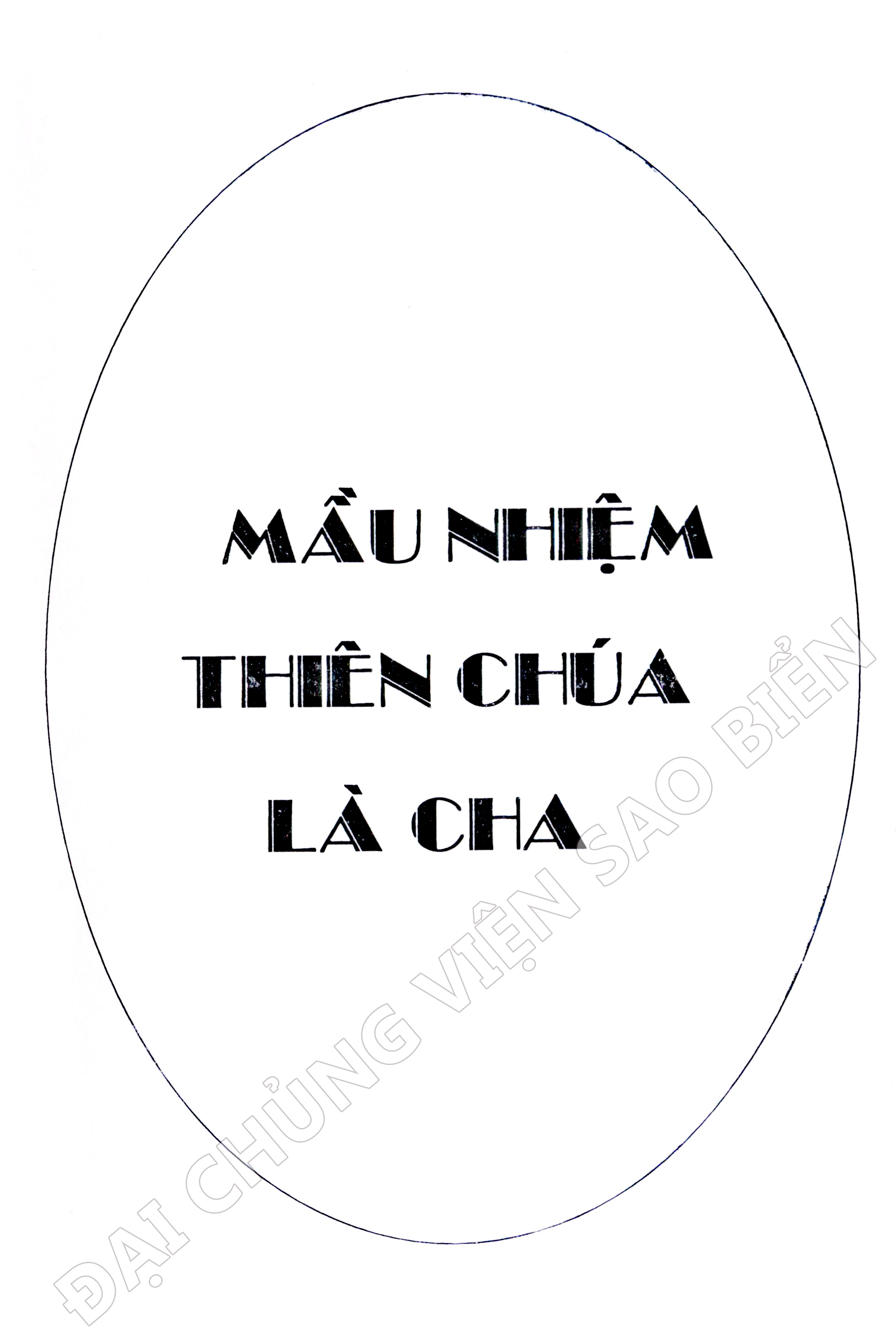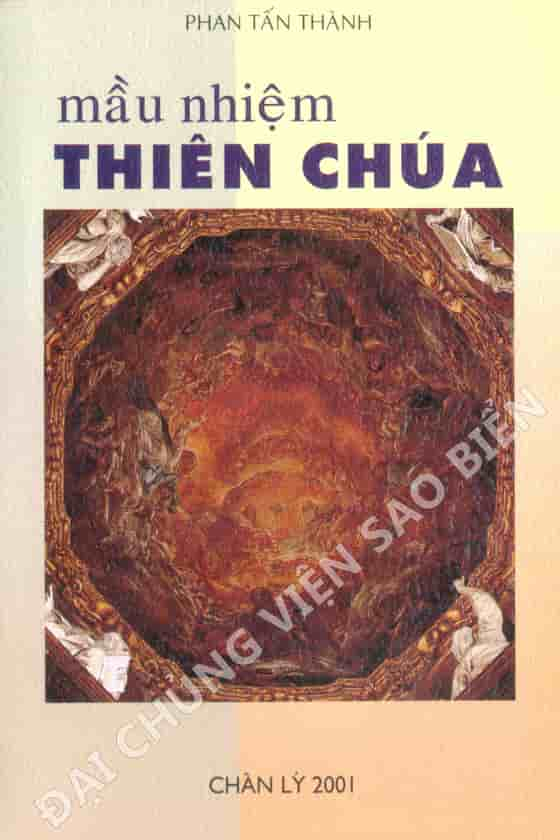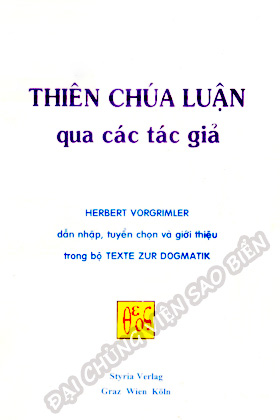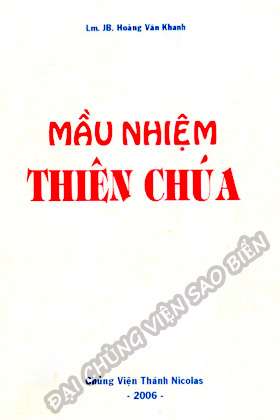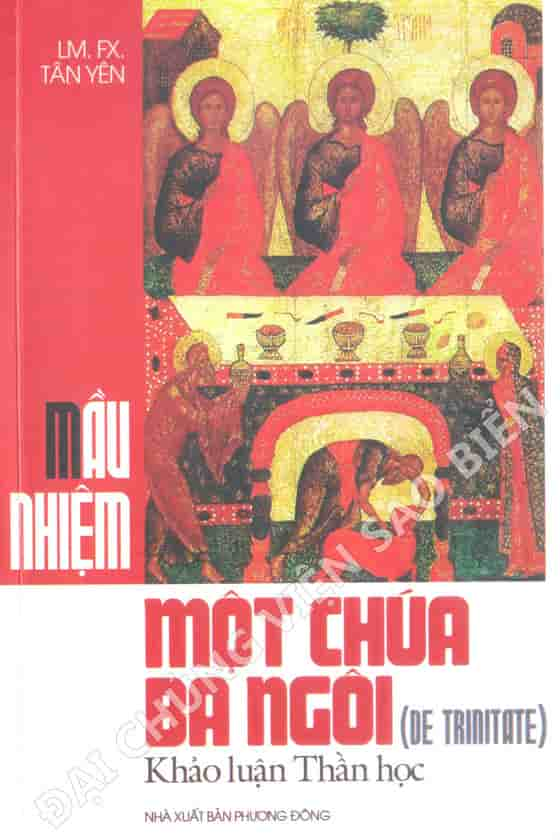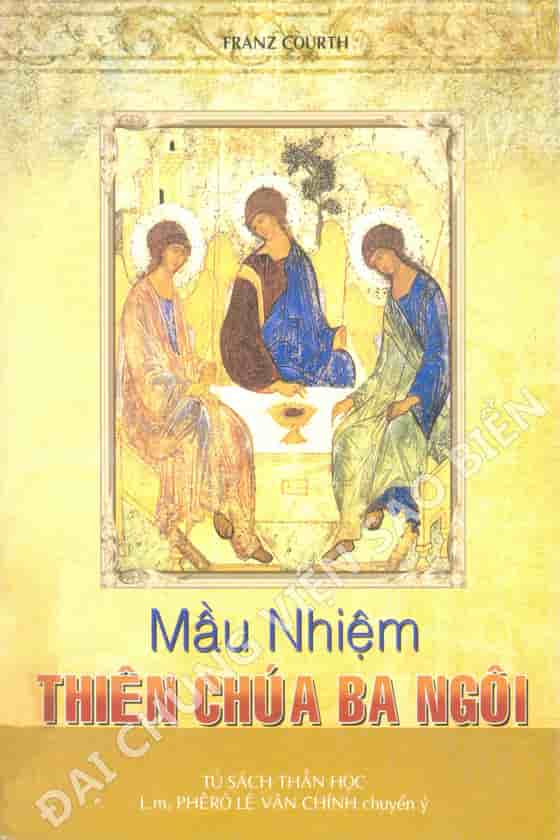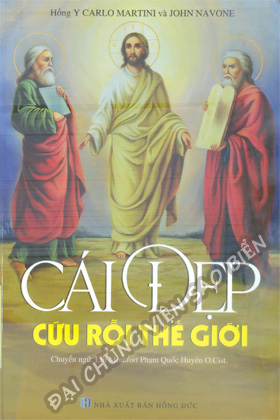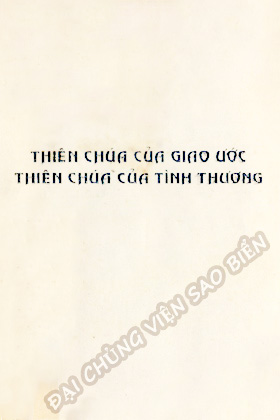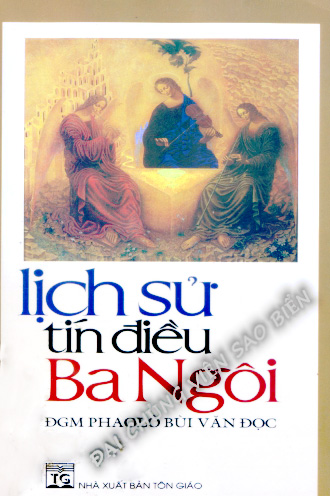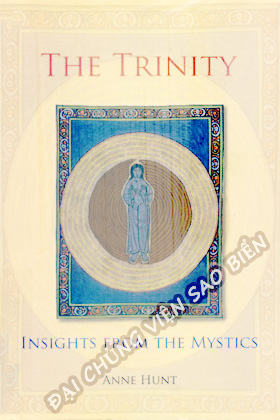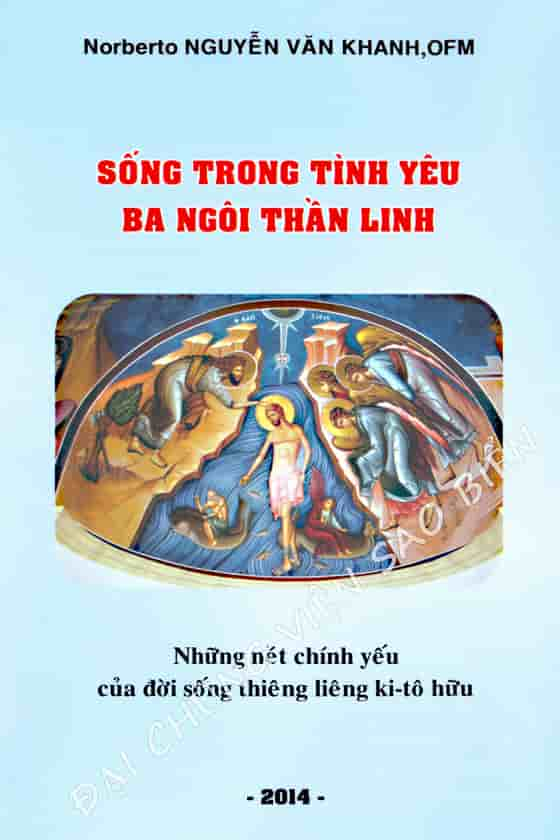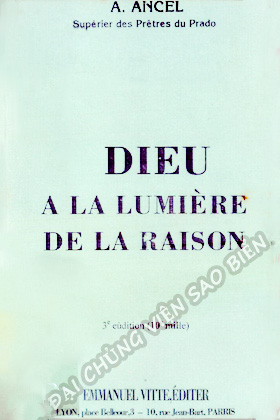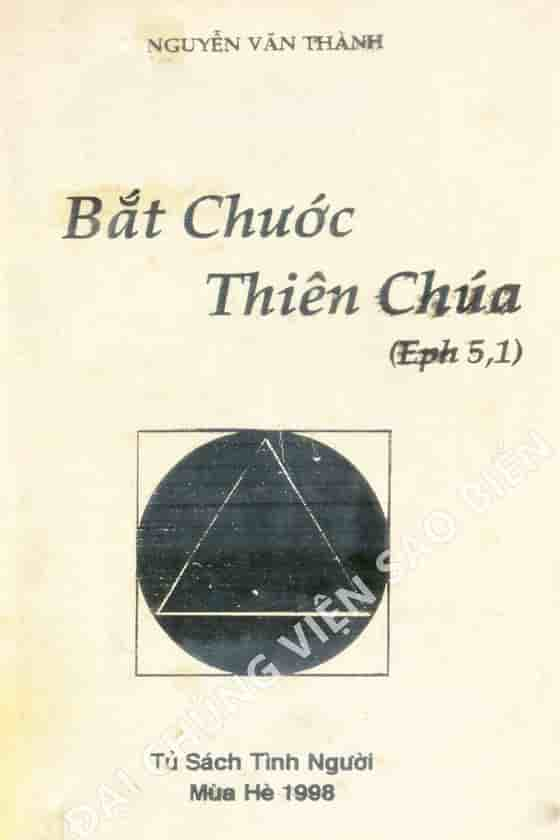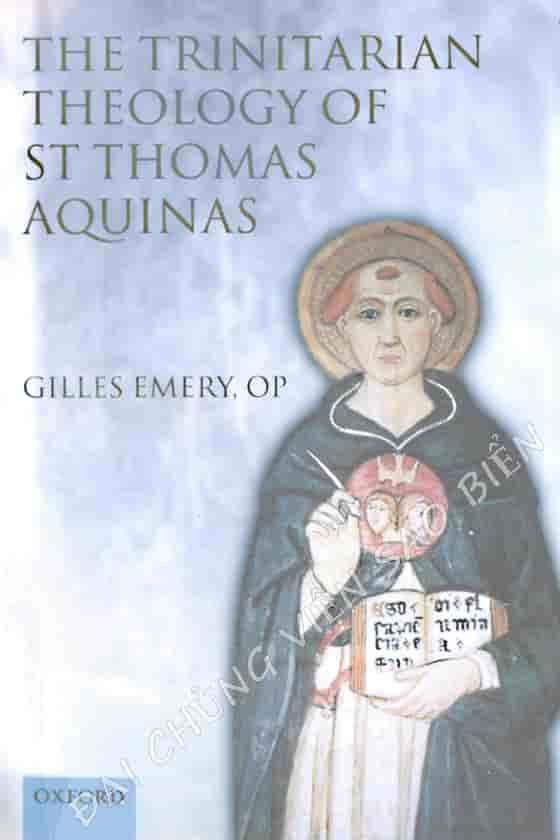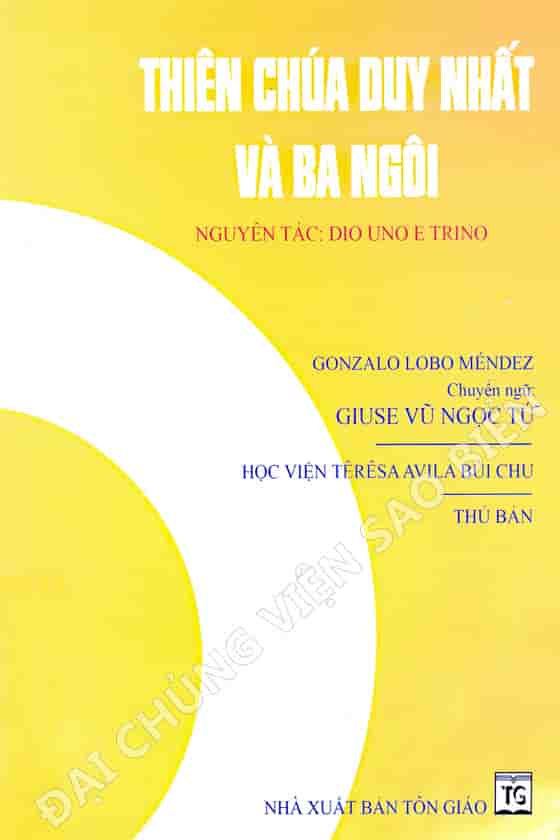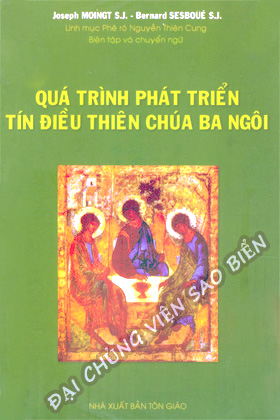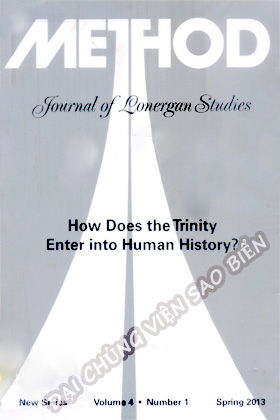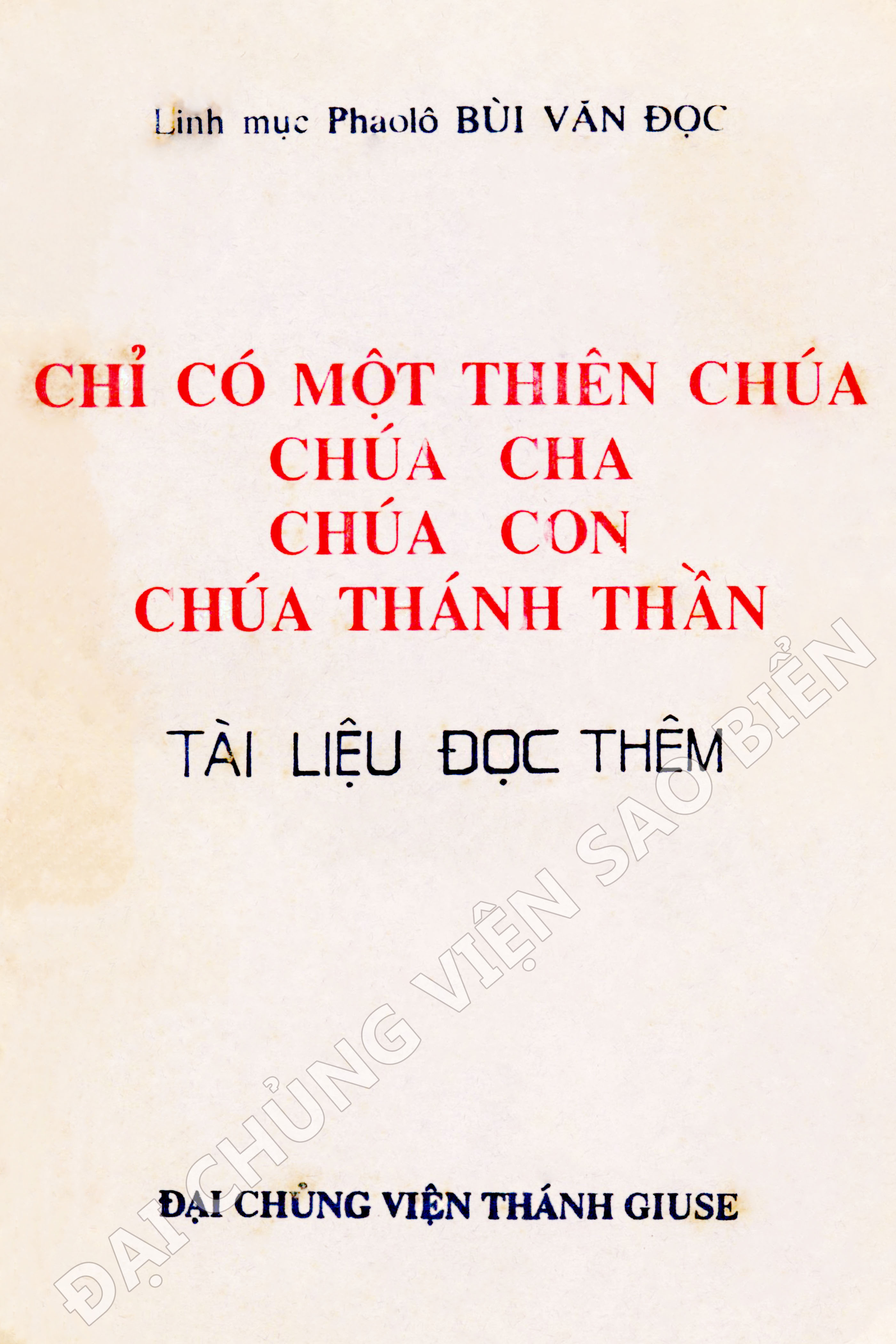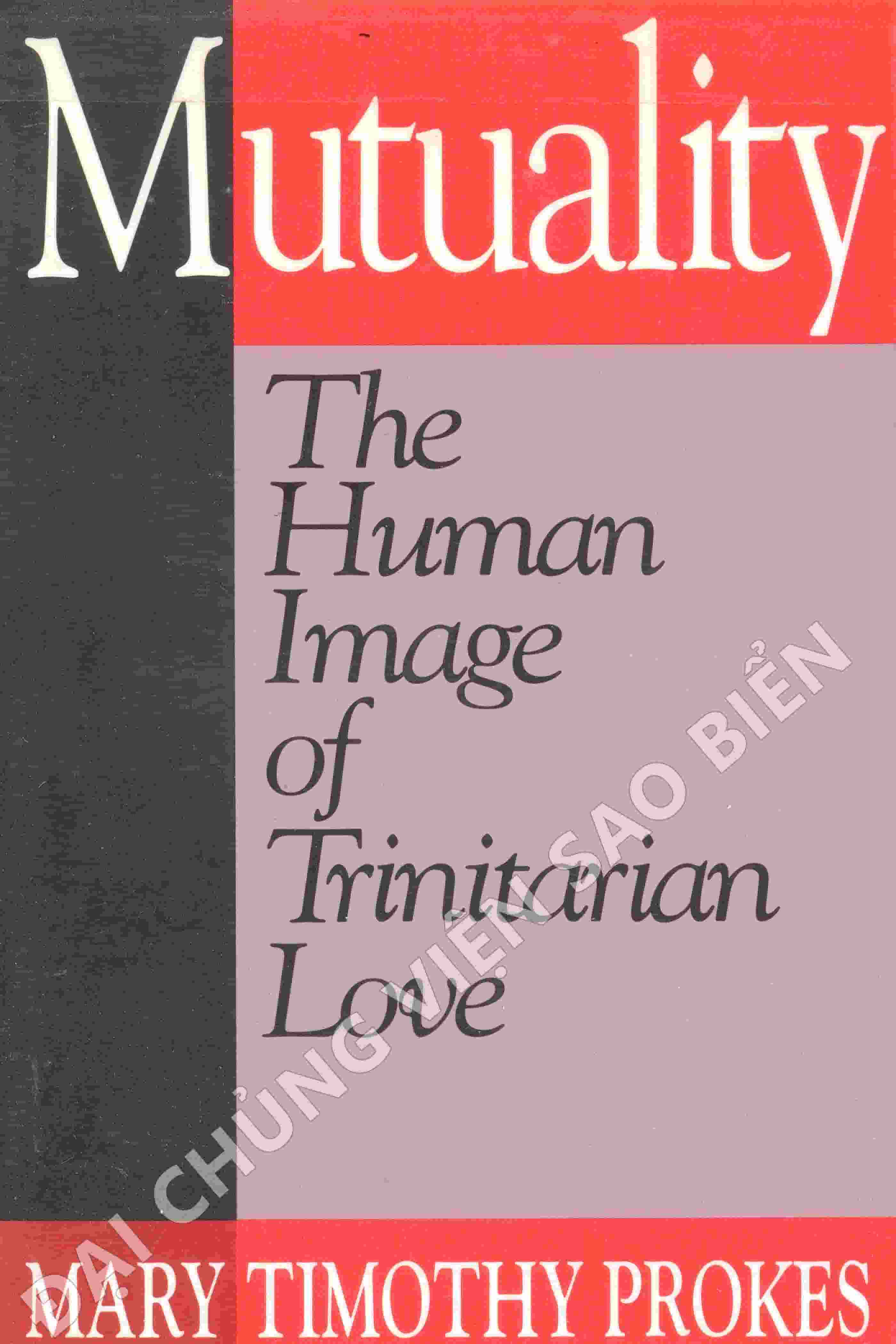PART ONE
The God-Question Today
I God as a Problem 3
1. The traditional formulation of the problem 3
2. The formulation of the problem today 7
3. The theological formulation of the problem. 12
II The Denial of God in Modern Atheism 16
1. The autonomy of the modern age as the basis for contemporary atheism 16
2. Atheism in the name of the autonomy of nature 20
3. Atheism in the name of human autonomy 26
(a) Ludwig Feuerbach 28
(b) Karl Marx 32
(c) Friedrich Nietzsche 39
III The Predicament of Theology in the Face of Atheism 47
1. The traditional apologetic position 47
2. The new attitude of dialogue 50
3. Dialectical relationship between Christianity and atheism 58
IV Experience of God and Knowledge of God 65
1. The problem and concern of natural theology (a) Natural theology in the Greek philosophers 65
(a) Natural theology in the Greek philosophers 72
(b) The Christian form of natural theology 72
(c) Natural theology in the Enlightenment 74
(d) Contemporary problematic 76
2. Experience of God 79
3. God in human language 87
4. Knowledge of God 99
(a) The cosmological argument 101
(b) The anthropological argument 103
(c) The argument from the philosophy of history 106
(d) The ontological argument 109
V Knowledge of God in Faith 116
1. The revelation of God 116
2. The hiddenness of God 123
PART TWO
The Message about the God of Jesus Christ
I God, the Father Almighty 133
1. The problem of an almighty Father-God 133
2. The Christian message of God the Father 137
(a) God as Father in the history of religions 137
(b) God as Father in the Old Testament 138
(c) God as Father in the New Testament 140
(d) God as Father in the history of theology and dogma 144
3. Theological definition of the essence of God 147
(a) The definition of God's essence in the horizon of Western metaphysics 147
(b) The definition of God's essence in the horizon of the modern philosophy of freedom 152
II Jesus Christ, Son of God 158
1. The question of salvation as point of departure for the God-question 158
2. The salvific proclamation of Jesus the Christ 163
(a) The messianic promise of salvation in the Old Testament 163
(b) Ministry and preaching of Jesus of Nazareth 166
(c) The Son-christology of the New Testament 172
(d) The explanation of the divine sonship of Jesus Christ in the history of dogma and theology 178
3. Theological interpretation of the divine Sonship of Jesus Christ 184
(a) Logos-christology 184
(b) Kenosis-christology 188
III The Holy Spirit, Lord and Giver of Life 198
1. Problem and urgency of a theology of the Holy Spirit today 198
2. The Christian message of God's life-giving Holy Spirit 200
(a) The Spirit of God in creation 200
(b) The Holy Spirit in the history of salvation 202
(c) The Holy Spirit as a person 210
3. Theology of the Holy Spirit 214
(a) Different theologies in East and West 214
(b) Suggestions for a theology of the Holy Spirit 223
PART THREE
The Trinitarian Mystery of God
1 Establishment of the Doctrine of the Trinity 233
1. Preparation in religious history and in philosophy 233
2. Foundations in revealed theology 238
(a) The unity of God 238
(b) The living God (Old Testament preparation) 241
(c) The basic trinitarian structure of the revelation of God (establishment of the doctrine in the New Testament) 243
(d) The trinitarian confession as rule of faith 249
3. History of theological and dogmatic development 251
II Exposition of the Doctrine of the Trinity 264
1. The point of departure 264
(a) The Trinity as mystery of faith 264
(b) Images and likenesses for the trinitarian mystery 272
(c) The unity of immanent Trinity and economic Trinity 273
2. Basic concepts of the doctrine of the Trinity 277
(a) The classical basic concepts 277
(b) The language of 'three persons' 283
3. Systematic understanding of the doctrine of the Trinity 290
(a) Unity in trinity 290
(b) Trinity in unity 299
(c) Conclusion: The trinitarian confession as the answer to modern atheism 314
Abbreviations 317
Notes 320
Index of Proper Names 389
Index of Subjects 400


